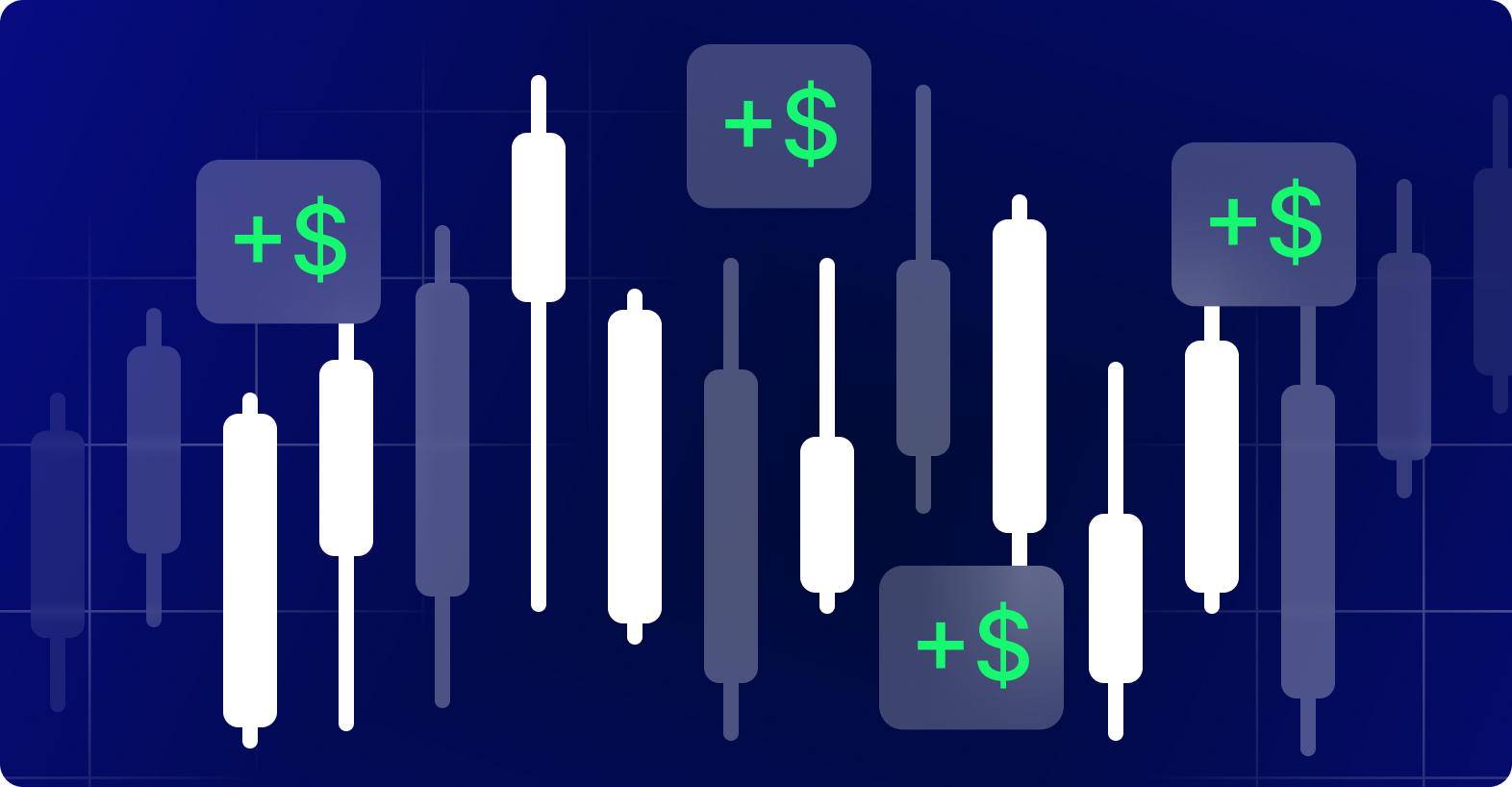Scalping in Forex: Fast-Paced Trading


Scalping has become a widely favored trading technique, known for its fast-paced and energetic method of securing gains. Predominantly used in the Forex domain, this strategy thrives on exploiting minute fluctuations in price. Traders engaging in scalping are drawn to the potential of swift profit-making, leveraging the volatility and liquidity that characterize forex trading. Through quick, successive trades, scalpers aim to accumulate small profits that, over time, contribute significantly to their trading success. This approach requires a keen eye for market trends, precise timing, and the ability to act decisively under pressure, making scalping not just a strategy but an art form in the world of trading.
Scalping is defined as a high-frequency trading strategy focused on achieving profits through brief and rapid transactions, capitalizing on minor variations in price. Engaging in this approach, scalpers undertake a multitude of trades within a single day, employing detailed technical analysis to guide their rapid decision-making process. This method is distinguished by its reliance on quick, small gains rather than waiting for large market movements, emphasizing the importance of speed and precision in the trading environment.
The roots of scalping extend into the historical realms of the stock market, gradually morphing into the contemporary high-frequency, predominantly Forex-centered methodology witnessed in present times. This transformation reflects the significant strides made in trading technologies and analytical methodologies over the years. As traders sought more efficient ways to capitalize on market movements, scalping evolved to exploit the briefest of opportunities, made increasingly accessible through advancements in real-time data analysis and electronic trading platforms. This evolution from a basic concept to a sophisticated trading strategy underscores the adaptive nature of the trading world in response to technological progress and market dynamics.

Scalping presents a high-stakes trading environment that rewards quick, disciplined actions but comes with its set of challenges, including potential for high stress and the necessity for meticulous planning and execution.
Essential tools for scalpers include robust trading platforms offering real-time data, technical indicators like Moving Averages and the Relative Strength Index (RSI), and direct market access for swift execution. Additional technical indicators for Forex scalping include:
These tools and indicators are crucial for identifying short-term market trends and potential entry and exit points, making them indispensable for the scalping strategy.

Scalpers employ three main strategies:
Scalping tools are divided into intuitive and instrumental. Intuitive scalping relies on a trader’s experience, intuition, and market knowledge. Instrumental scalping, however, depends on various mathematical models and tools that offer more information for decision-making.
Moreover, scalpers now have the option to trade on the exchange not only manually but also with the help of trading robots. Manual trading requires the trader’s utmost attention, continuous focus, and the ability to make split-second decisions. This also necessitates a stable internet connection to maintain contact with the exchange and broker for swift transactions.
If a trader opts to use a robot, they must choose a strategy, the financial instrument they wish to profit from, and the robot (program) itself. The trader then needs to ensure that the computer, trading terminal, and communication channel are functioning correctly. The trading robot’s operations can be adjusted if its results are not satisfactory to the scalper.
For trades targeting just a few points of profit, using stop-losses calculated by standard risk management rules may not be feasible. Therefore, it’s essential to set loss limits for each position and for the entire trading day.
Additionally, it’s crucial to define a daily profit goal and cease trading once it’s reached. This practice serves as an effective preventative measure against emotional breakdowns.
In scalping, as with any trading strategy, psychology plays a crucial role.
A scalper needs a strong psychological foundation to minimize errors made in the heat of the moment, which can lead to financial losses. Psychology teaches us proper behavior, which in turn yields positive results during trading.
While each scalper’s psychology is unique, there are some principles that should be universal:
Psychology and behavior shouldn’t be sidelined. Recognizing the importance of psychology and adhering to your own set of rules makes us far more successful and disciplined. Every scalper follows their own rules, their psychology, and behavior, and it’s this that distinguishes a successful scalper from the average trader.
For those new to the dynamic world of forex scalping, initiating with demo trading accounts is a wise move to refine your technique. Essential advice for fledgling scalpers encompasses targeting highly liquid forex markets to take advantage of tight spreads, which are crucial for minimizing costs on rapid trades. Additionally, staying abreast of market news is imperative, as it can pinpoint potential volatility spikes, offering ripe opportunities for scalping. Employing a strict exit strategy and a robust trading plan are fundamental to navigating the forex market successfully.
Utilize trading platforms that support high-frequency trading with features like the Relative Strength Index (RSI) to make informed trading decisions. Remember, forex scalping is not just a trading style but a disciplined method requiring meticulous attention to trading rules and the capacity to act swiftly on trading opportunities. Scalping in the forex market, with its promise of short-term gains, mandates a clear understanding of scalping principles and a commitment to a trading approach that emphasizes precision and agility.
Scalping in the forex and stock markets presents a compelling strategy for traders aiming to leverage minor yet frequent price fluctuations for considerable gains. This trading style, characterized by its high-frequency and short-term trading nature, necessitates a profound comprehension of market mechanisms, flawless execution of trades, and unwavering discipline. By adopting strategic approaches such as momentum trading, employing trading platforms equipped for scalping, and adhering to a strict exit strategy, scalpers can navigate the rapid waters of forex and stock scalping successfully.
Moreover, effective use of technical indicators like the Relative Strength Index (RSI) and a well-crafted trading plan are indispensable for identifying trading opportunities and mitigating risks. Scalping, when executed with meticulous attention to trading rules and a disciplined mindset, stands out as a potentially profitable method of trading, making it a popular trading strategy among those willing to commit the necessary time and effort to master its intricacies.